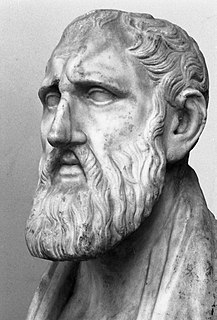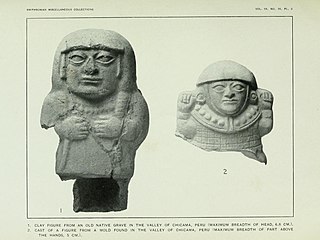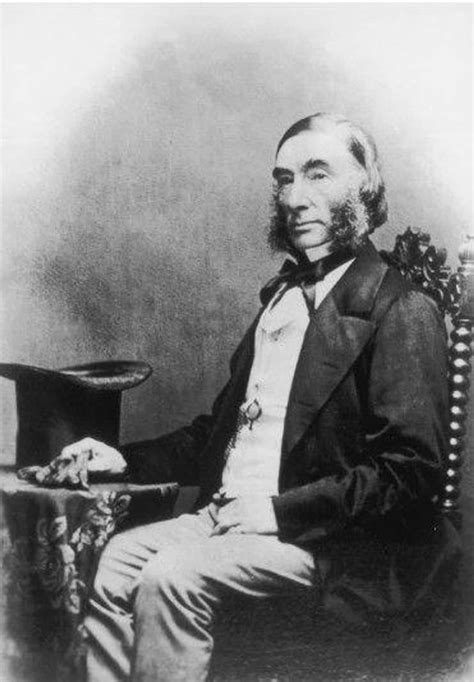A Quote by Aristotle
Nature does nothing in vain. Therefore, it is imperative for persons to act in accordance with their nature and develop their latent talents, in order to be content and complete.
Related Quotes
Regularity in Nature is not proof of the control of Nature by a Divine intelligence; it is rather the reverse. If something- call it matter, or ether, or x - exists, it must operate in accordance with its innate qualities; and so long as this x remains uncontrolled, its manifestations will continue unchallenged- in other words, there will be order. The same causes, the same results. That is the manifest signs of a natural order that knows nothing of God.
The fact that labour is external to the worker, i.e., it does not belong to his intrinsic nature; that in his work, therefore he does not affirm himself but denies himself, does not feel content but unhappy, does not develop freely his physical and mental energy but mortifies his body and his mind. The worker therefore only feels himself outside his work, and in his work feels outside himself.
Nature is seen by humans through a screen of beliefs, knowledge, and purposes, and it is in terms of their images of nature, rather than of the actual structure of nature, that they act. Yet, it is upon nature itself that they do act, and it is nature itself that acts upon them, nurturing or destroying them.
I believe that the basic nature of human beings is gentle and compassionate. It is therefore in our own interest to encourage that nature, to make it live within us, to leave room for it to develop. If on the contrary we use violence, it is as if we voluntarily obstruct the positive side of human nature and prevent its evolution.
Nature is purposeless. Nature simply is. We may find nature beautiful or terrible, but those feelings are human constructions. Such utter and complete mindlessness is hard for us to accept. We feel such a strong connection to nature. But the relationship between nature and us is one-sided. There is no reciprocity. There is no mind on the other side of the wall.









































